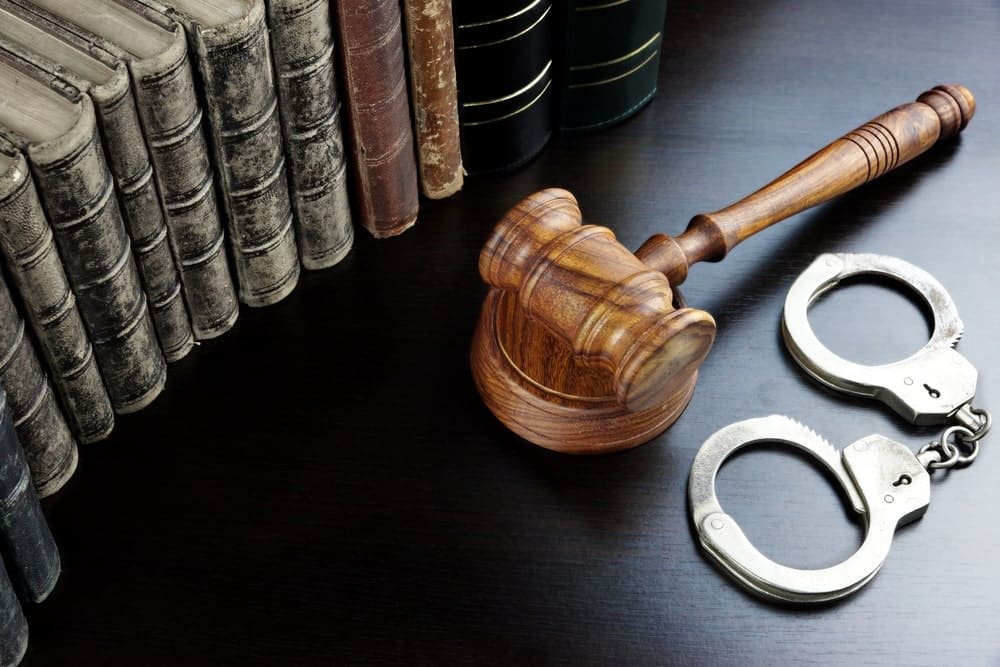Your Guide To Baltimore’s Criminal Court

Facing a criminal charge can be an overwhelming experience, especially if you are unfamiliar with the legal system. When you find yourself in a criminal court, understanding the process and knowing what to expect can alleviate some of the stress and anxiety associated with this challenging situation. Your Guide To Baltimore’s Criminal Court is here to provide you with valuable information that will help you navigate the criminal court system with confidence.
The first step in any criminal case is the arrest and booking process. This involves the police taking the accused into custody, followed by fingerprinting, photographing, and collecting other personal information. After the booking, the defendant will be brought before a judge for an initial appearance, where the charges will be read and bail will be set.
Next, the defendant will have an opportunity to enter a plea during the arraignment. There are three possible pleas: guilty, not guilty, or no contest. A guilty plea means that the defendant admits to committing the crime, while a not-guilty plea indicates that the defendant denies the charges. A no-contest plea is similar to a guilty plea, but it cannot be used as an admission of guilt in a civil case.
If the defendant pleads not guilty, the case will proceed to a pretrial conference and possibly a trial. During the pretrial conference, the prosecution and defense will discuss the evidence, witnesses, and other aspects of the case in preparation for the trial. The trial is the stage where both sides present their case to a judge or jury, who will then determine the defendant’s guilt or innocence.
In criminal court, the prosecution has the burden of proving the defendant’s guilt beyond a reasonable doubt. This means that the prosecution must present evidence that leaves no reasonable doubt in the minds of the judge or jury that the defendant committed the crime. The defense, on the other hand, has the opportunity to challenge the prosecution’s evidence and present their own case in the defendant’s favor.
It is important to note that the defendant has the right to legal representation throughout the entire process. If the defendant cannot afford an attorney, the court will appoint a public defender to represent them. However, it is often recommended that the defendant hire a private attorney with experience in criminal defense to ensure the best possible outcome.
Everyone may agree that, with some events, if the Defendant “did that” it was clearly criminal. Other events may not be so clearly on the wrong side of the law in Baltimore. If you are in need of a criminal defense lawyer, do not hesitate to seek out a Baltimore, MD criminal defense lawyer. They will have the expertise and knowledge necessary to provide you with the best defense possible.
Navigating the criminal court system can be a daunting task, but with the right information and legal representation, you can face the process with confidence. Your Guide To Baltimore’s Criminal Court is a start, but, remember: you have the right to an attorney and that hiring a private lawyer with experience in criminal defense can make all the difference in the outcome of your case.
At Attorney Eric T. Kirk we are here to support you through this challenging time. We understand the complexities of the criminal court system and are dedicated to providing you with the best legal representation possible. If you are facing a criminal charge, we encourage you to reach out to us and let us help you navigate this difficult situation. Together, we can work towards achieving the best possible outcome for your case.


